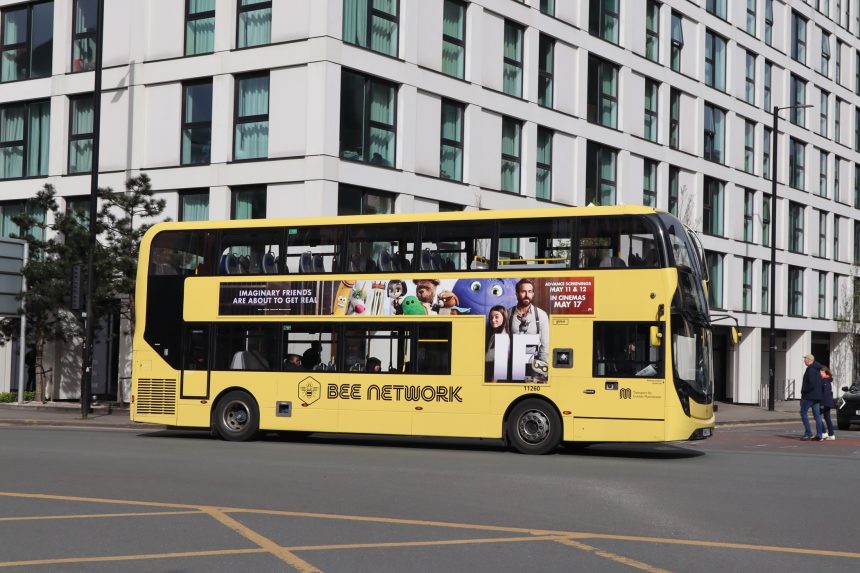That Labour favours public control of bus services has been beyond doubt for a long time, regardless of recent efforts to build interest in its franchising policy via a rehash of earlier announcements.
Two intertwined points are key to the latest work, however. One: Labour will allow every local transport authority in England to franchise. Two: No more government spending will be required for that.
The latter is a creative, and no doubt deliberately loose, use of wording. It is certain that more bus funding will be needed if reregulation and associated service uplifts are adopted wholesale.
Labour party HQ may have listened too closely to Andy Burnham’s monologue about franchising at Transport for the North in March. Mr Burnham told fellow board members that previously subsidised services are delivered at one-third lower cost to local authorities under franchising, although he did not disclose how that figure was reached.
Labour claims that regulated bus services in London are “thriving.” A pre-2020 trend of falling patronage, and a more recent spike in the rate of operators exercising mid-term contract break clauses, suggests the opposite. Sadiq Khan’s plan for a publicly owned operator will do little about either of those, although such an announcement was a shrewd political move.
Clear to anyone who looks beyond the rhetoric, point scoring and exaggeration from both sides of the fence is that franchising and its success come down to one factor: Money.
Better bus services in most areas will cost money, regardless of the delivery regime. The sooner politicians of all sides understand that, the better.



























